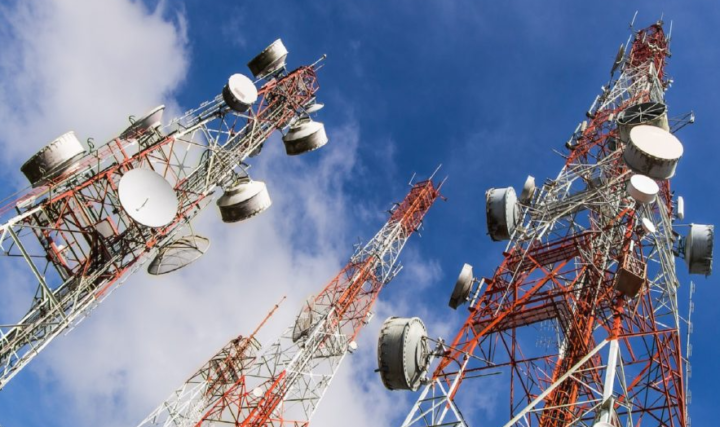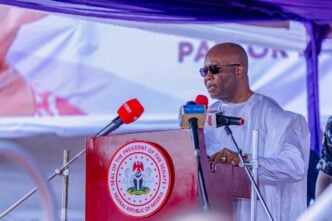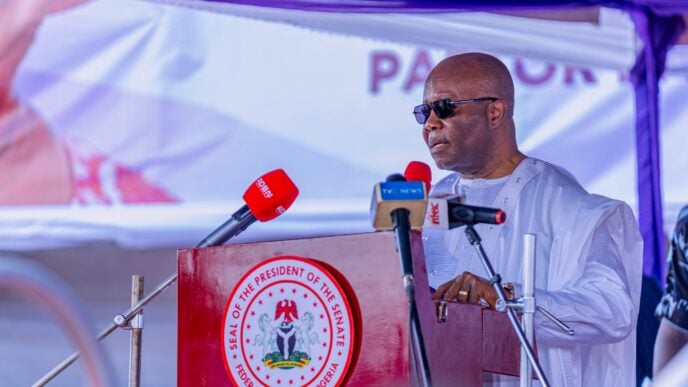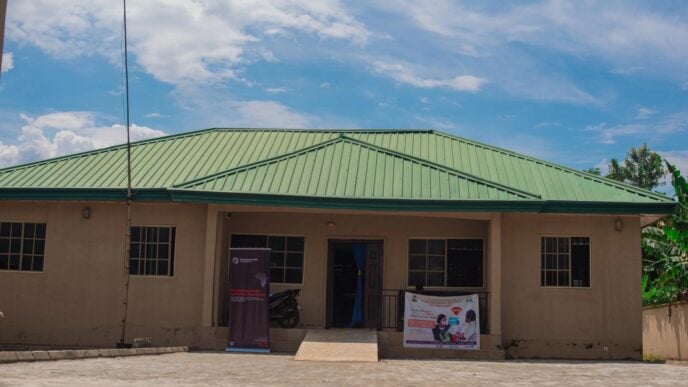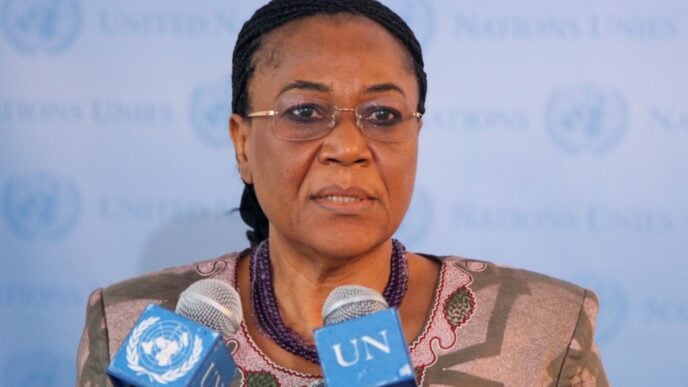BY BOLAKALE ALIU
Nigeria’s startup ecosystem is one of Africa’s brightest success stories. In fintech, e-commerce, logistics, healthtech, and AI, Nigerian founders are producing solutions that meet global standards and attract international capital. Yet amid this wave of ingenuity, one question persists: why are Nigeria’s biggest telecommunications companies — MTN, Airtel, and Globacom — so absent from the country’s innovation story?
The paradox is glaring. These firms control almost every mobile connection in Nigeria. They sit atop the infrastructure that powers nearly all digital services and collectively generate billions in annual revenue across Africa. They have scale, reach, and influence that few institutions can match. But when it comes to catalysing or co-creating with Nigerian startups, their contribution remains negligible.
Globally, leading telecoms have evolved far beyond selling voice and data. They have become active architects of innovation ecosystems. In Kenya, Safaricom’s Spark Fund invests directly in startups, building a pipeline of local digital services. In Singapore, Singtel’s Innov8 Ventures has backed more than 90 startups across Asia, creating technology partnerships that feed back into its core business.
Advertisement
In South Korea, SK Telecom has spun off full-fledged businesses in AI, fintech, and cloud computing—proof that telecoms can be platforms, not pipelines.
The logic is simple: telcos that invest in local innovation generate the very demand that sustains their networks. Every new digital service creates more data traffic, more transactions, and more loyal customers.
Nigeria’s telcos, however, have yet to internalize this lesson. MTN has experimented with hackathons and accelerator programmes, but these remain surface-level initiatives. Few have resulted in equity investment, intellectual-property sharing, or meaningful scaling partnerships.
Advertisement
Airtel’s approach is even more disappointing. Though it brands itself as an “African champion,” much of its technology ecosystem—from platform integrations to digital value-added services—remains tethered to India. Airtel Africa routinely imports Indian innovation rather than co-creating with African developers. The outcome is a quiet but persistent export of value. African users generate the data and revenue, but the technological dividends accrue elsewhere.
Globacom, Nigeria’s only indigenous major operator, should have been the natural counterweight. Yet despite its early privileges—prime spectrum, regulatory support, and patriotic goodwill—Glo has failed to translate those advantages into genuine innovation leadership. Chronic operational inefficiency and opacity have eroded its potential to act as a national digital champion.
This collective disengagement carries real economic costs. Because local telcos have not opened their infrastructure to innovators, Nigerian startups are forced to rely on foreign ecosystems. AWS and Google Cloud for hosting, Stripe for payments, Microsoft Azure for enterprise tools. Every dependency transfers value and data sovereignty out of the country.
The telcos, meanwhile, risk becoming utilities, selling bandwidth while forfeiting ownership of the digital experiences that depend on it. They forget that the future of telecoms is not in towers and SIM cards, it lies in the services, platforms, and innovations that ride atop them.
Advertisement
If Nigeria’s telecom giants want to remain relevant in the digital era, they must redefine their role—from network operators to ecosystem enablers. Real support for innovation would mean open Infrastructure that Offer developers access to APIs, anonymised data, and network capabilities under transparent terms. Integrating billing, identity, and location services could unlock an entire generation of Nigerian applications.
Furthermore, Venture Investment that create or co-invest in funds dedicated to digital infrastructure, fintech, and AI, is necessary. Also, local procurement committed to sourcing digital solutions from Nigerian startups—whether in customer engagement, data analytics, or software operations, will prove a game changer. This is because domestic procurement builds scale and credibility.
Additionally, these giant telcos can use existing footprints in over 15 African markets to expand successful Nigerian startups. MTN and Airtel’s continental presence could serve as launchpads for Nigerian innovation.
Worth stressing is that these are not acts of corporate charity. They are acts of strategic foresight. Every naira invested in the local ecosystem ultimately multiplies demand for digital services and strengthens the telcos’ long-term competitiveness.
Advertisement
Nigeria’s digital economy now contributes over 18% of GDP, a share expected to rise as digitalisation deepens across sectors. Government policy has, to its credit, laid the groundwork: expanding broadband, supporting fintech regulation, and promoting data-centre development.
What remains missing is reciprocal ambition from the private sector. If MTN and Airtel truly aspire to be African champions, they must invest in the ecosystems that sustain them. Their networks were built on Nigerian consumers and Nigerian engineers. The least they owe the market is partnership, not paternalism.
Advertisement
Nigeria stands at an inflection point. The foundations of digital prosperity—connectivity, entrepreneurial talent, and market size—are already in place. What is missing is synergy between those who build the networks and those who build on them.
If MTN, Airtel, and Glo joined forces to establish a Pan-African Startup Acceleration Platform, they could transform Nigeria’s innovation capacity overnight. Such a platform would identify high-potential ventures, provide them with infrastructure, mentorship, and cross-border market access, and scale them continent-wide. The reward would be twofold: a stronger Nigerian innovation brand and more robust, future-proof telcos.
Advertisement
True digital leadership is not measured by subscriber counts or tower density. It is measured by how a company empowers the innovators of its time. If Nigeria’s telecom giants embrace that responsibility, they will not just connect Africa—they will help define its digital future.
Aliyu, a tech journalist, writes from Lagos.
Advertisement
Views expressed by contributors are strictly personal and not of TheCable.
